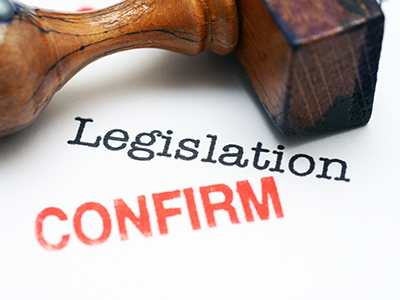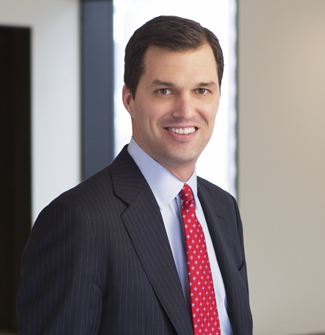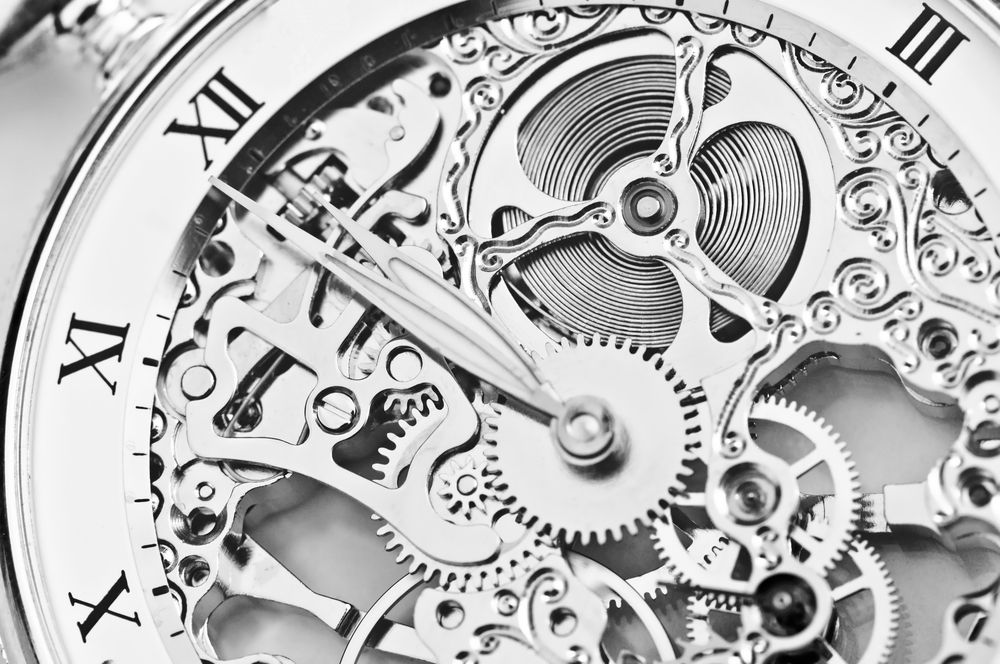Non-compete agreements have long been used by employers as an effective tool to protect their valuable trade secrets and confidential information. However, employers’ overuse of non-compete agreements and employers’ practice of requiring all of their employees to sign non-compete agreements recently has come under significant attack by federal and state governments. In July, Trade Secrets Watch discussed some of those recent attacks. Since July, there have been a number of additional efforts by government to prohibit the overuse of non-compete agreements. READ MORE
Government Attacks on Non-Compete Agreements Continue







